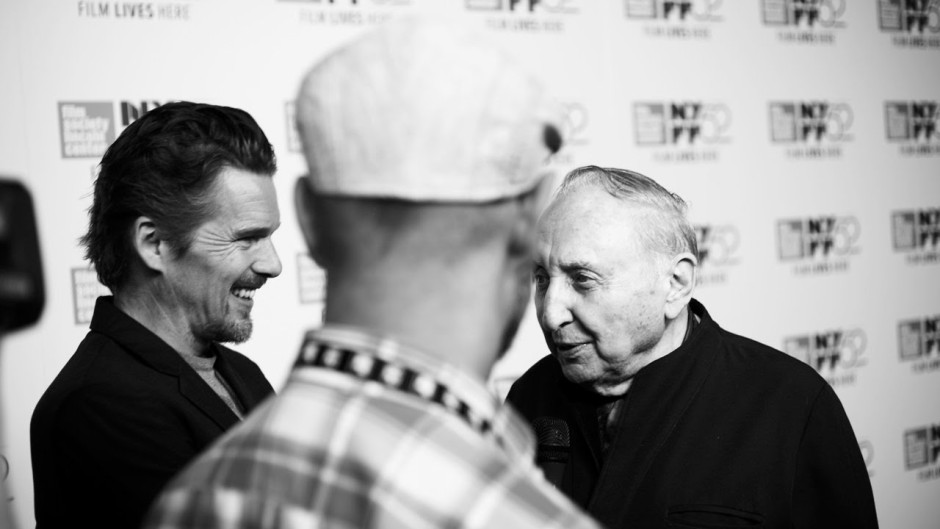Say hello to Seymour Bernstein, a man of many parts.
A former concert pianist whose recitals garnered rave reviews in The New York Times, he gave up celebrity at the age of 50 to dedicate himself exclusively to teaching. Now, at 87, he continues to give private and master classes. Yet Bernstein is more than a devoted musician. He’s a philosopher king, expounding on the essence and relevancy of music.
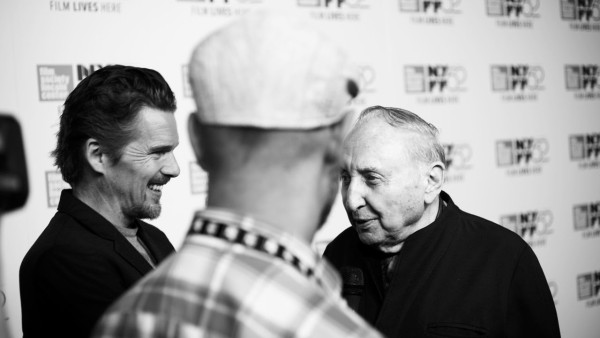
Bernstein is the subject of Ethan Hawke’s warm, mellow and sensitive documentary, Seymour: An Introduction, which begins its theatrical run in Canada on March 20. Hawke, an actor who last appeared in Boyhood, was drawn to Bernstein because they both suffer from stage fright, a common enough phenomenon even among seasoned and successful performers.
Hawke is a fleeting presence in Seymour, flitting in and out of it like a butterfly fluttering in the sun. Bernstein, who has lived in solitude in the same small New York City apartment for the past 57 years, dominates the film from start to finish. He’s a genial, approachable and reflective figure, an ideal dinner table companion who never seems at a loss for words.
Bernstein is a patient teacher with a gentle sense of humour. “That (bar) was better than mine,” he compliments a student. “You’re not allowed to play better than me.” He can afford to be self-deprecating, since few living pianists can match his skills at the keyboard.
As he reminisces about his childhood, Bernstein recalls how he begged his mother for piano lessons and how he cried when he first heard Schubert’s Serenade.
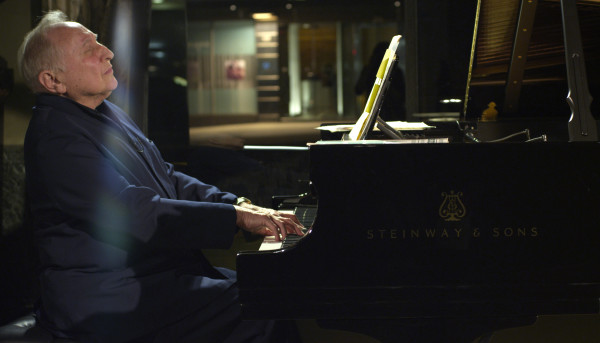
Music has always been an integral part of his existence. “Music and life intersect in a never-ending cycle of fulfillment,” says Bernstein, a bachelor whose personal life Hawks explores only minimally.
In conversations with Hawke and former students, Bernstein waxes eloquent. He was called up for military service during the Korean War and performed for his fellow soldiers. But as he discusses his service in Korea, tears well up in his eyes. He expresses gratitude to one of his teachers, the great British pianist Sir Clifford Curzon, whose knighthood he may have facilitated.
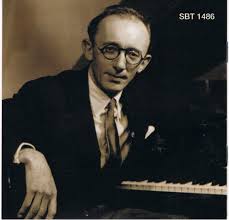
As a concert pianist, he was consumed by a fear of “memory slips” and feelings of inadequacy. He did not overcome these handicaps until he had reached the age of 50. Having conquered his insecurities, he abruptly left the concert scene. He adds that he was repulsed by the commercial aspects of the concert tour.
Since abandoning his career as a concert pianist, Bernstein claims he has never been happier or more self-fulfilled. As the words roll effortlessly off his silver tongue, he observes that the highest objective a teacher can aspire to is to arouse an “emotional response” from a student.
Bernstein also soars when he discusses the nexus between art and personal relationships and the importance of music in bringing order to the universe. In passing, he offers a tart observation about the Canadian protegy Glenn Gould, who was both a “genius” and a “neurotic mess.”
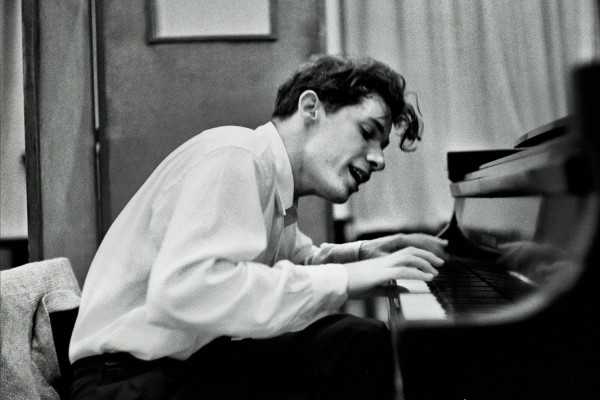
The film climaxes with a solo recital Bernstein delivers in grand style to Hawkes’ theater group. In his first public concert in 37 years, he sits confidently at a Steinway piano, playing Schuman, one of his favorite composers apart from Mozart, Schubert and Beethoven.
As the sublime notes fill the air with an intoxicating beauty, he murmurs, “I never dreamt that with my own two hands I could touch the sky.”
Brilliant.
